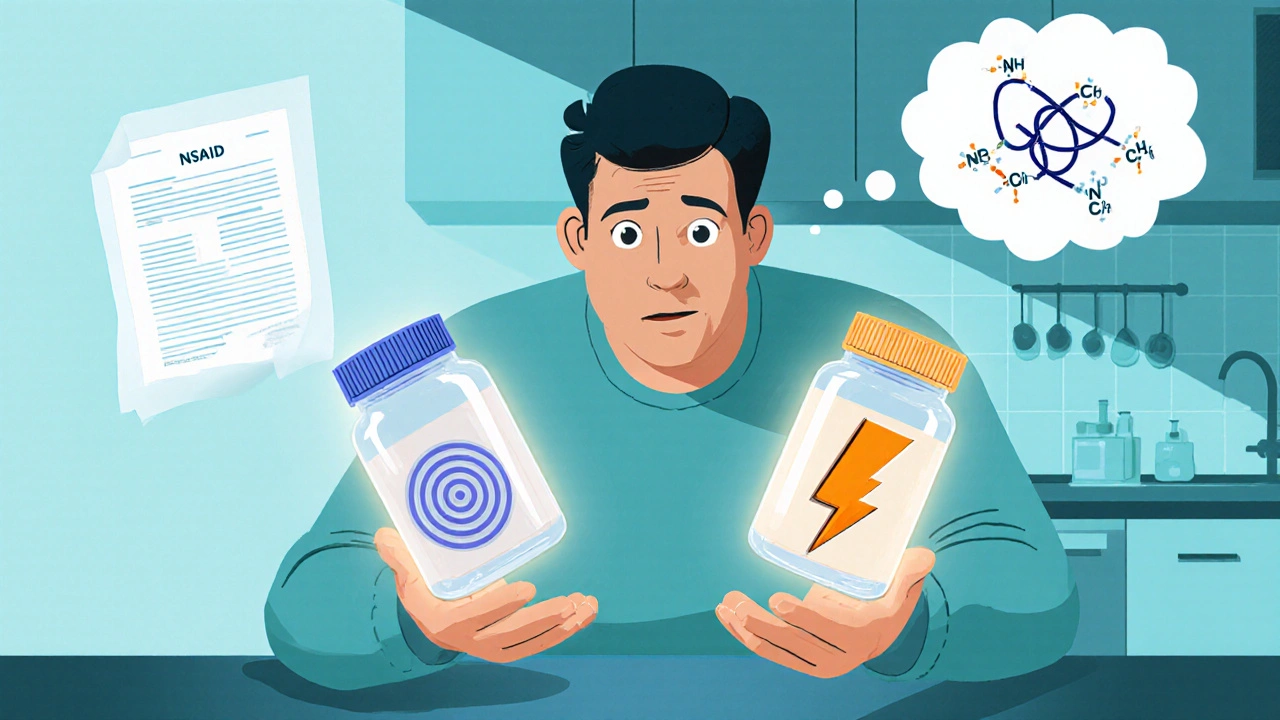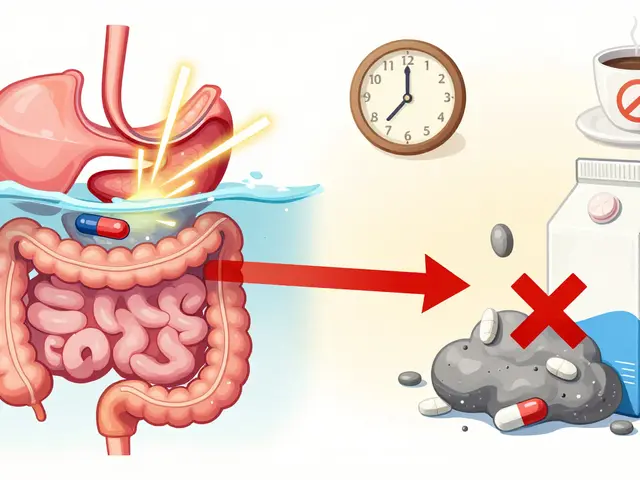Acute Kidney Injury: Causes, Signs, and What You Need to Know
When your kidneys suddenly stop working like they should, that’s acute kidney injury, a rapid loss of kidney function that can happen over hours or days. Also known as acute renal failure, it’s not a disease on its own—it’s a warning sign that something else is wrong in your body. Unlike chronic kidney disease, which builds up over years, acute kidney injury can come on fast, sometimes without obvious symptoms until it’s serious.
This condition often ties into other health issues you might already be managing. For example, some blood pressure meds like candesartan, an ARB used to lower blood pressure and protect kidney function—while helpful for many—can affect kidney flow if you’re dehydrated or have narrow arteries. Antibiotics like ofloxacin, a fluoroquinolone used for infections also carry risks, especially in older adults or people with existing kidney problems. Even common painkillers, if overused, can trigger kidney stress. Your kidneys don’t just filter waste—they balance fluids, regulate electrolytes, and help control blood pressure. When they shut down, everything else starts to tilt.
What does it look like in real life? Maybe you notice less urine, swelling in your legs, sudden fatigue, or confusion. Sometimes there’s no warning at all—just a routine blood test showing rising creatinine levels. It’s not rare in hospitals, especially after major surgery, severe infection, or dehydration. But it can also happen at home if you’re taking too many NSAIDs, skipping fluids during illness, or combining meds without knowing the risks. The good news? If caught early, many cases can be reversed with the right care—fluids, stopping harmful drugs, or adjusting doses. The key is spotting it before it turns into something worse.
Below, you’ll find real, practical guides that connect acute kidney injury to the medications, conditions, and habits that influence it. From how blood pressure drugs affect kidney flow to how antibiotics can tip the balance, these posts give you the facts you need to protect yourself—or someone you care about. No fluff. Just clear connections between what you’re taking, what’s happening in your body, and what to watch for.

Fluoroquinolone + NSAID Risks: Neurologic & Kidney Damage Explained
Learn why combining fluoroquinolone antibiotics with NSAIDs raises the danger of kidney injury and neurological problems, and discover practical steps to stay safe.
read more




